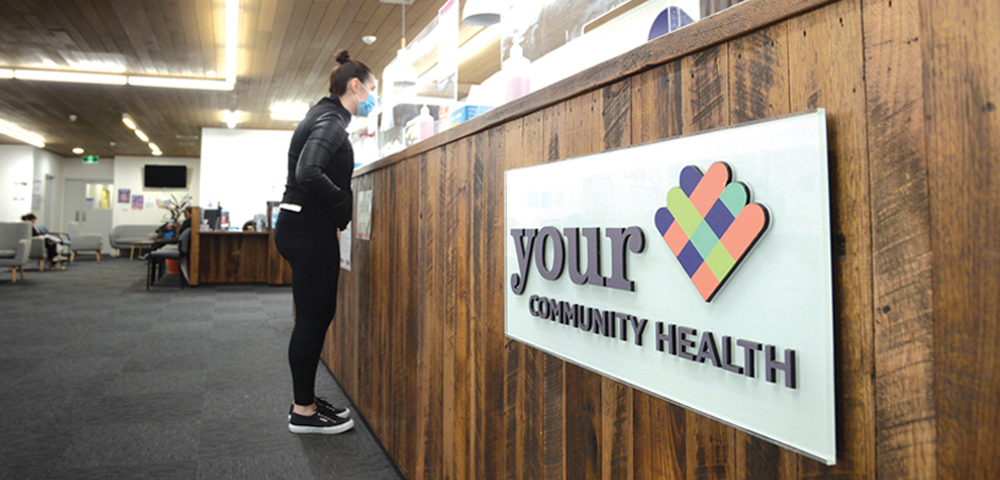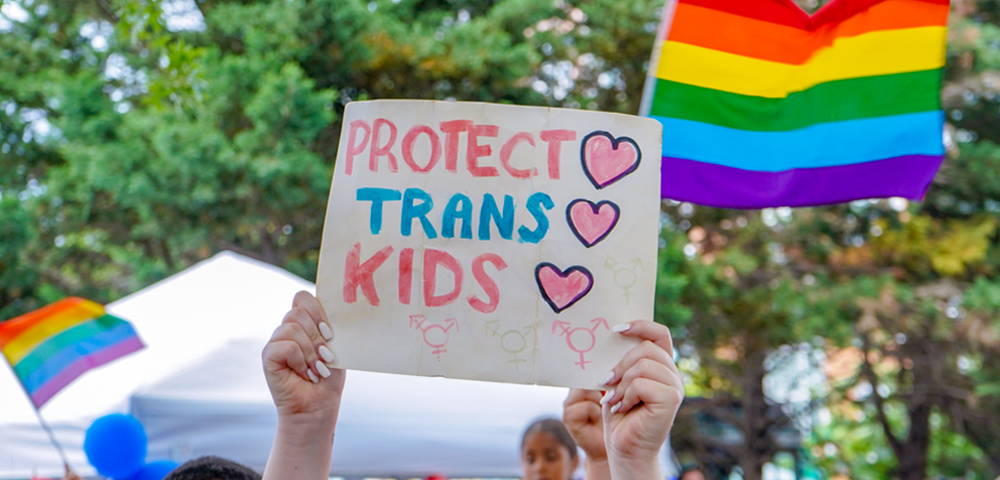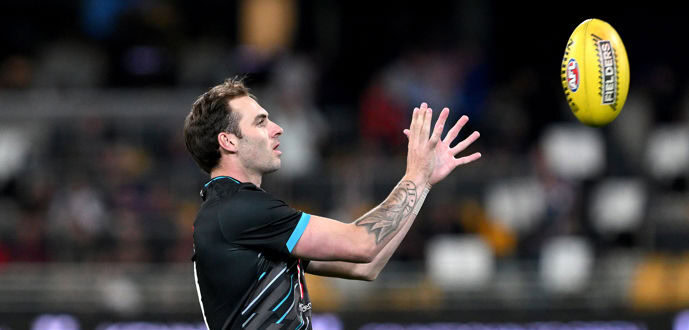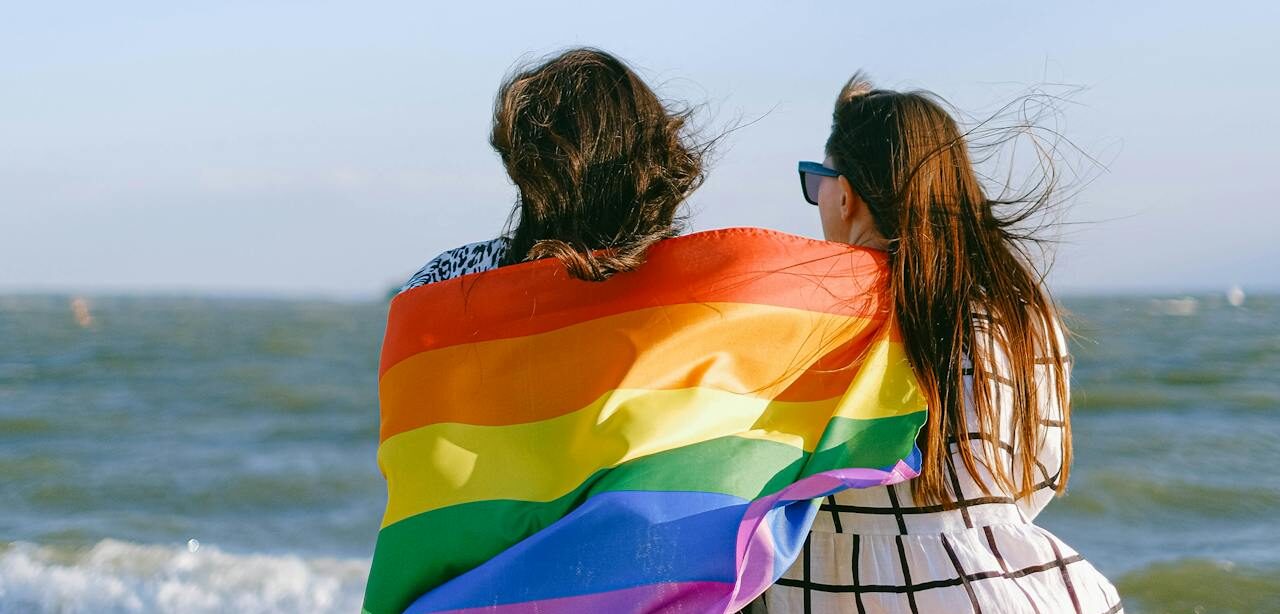
‘It’s intense but worth it’: the roadblocks facing rainbow families in Australia
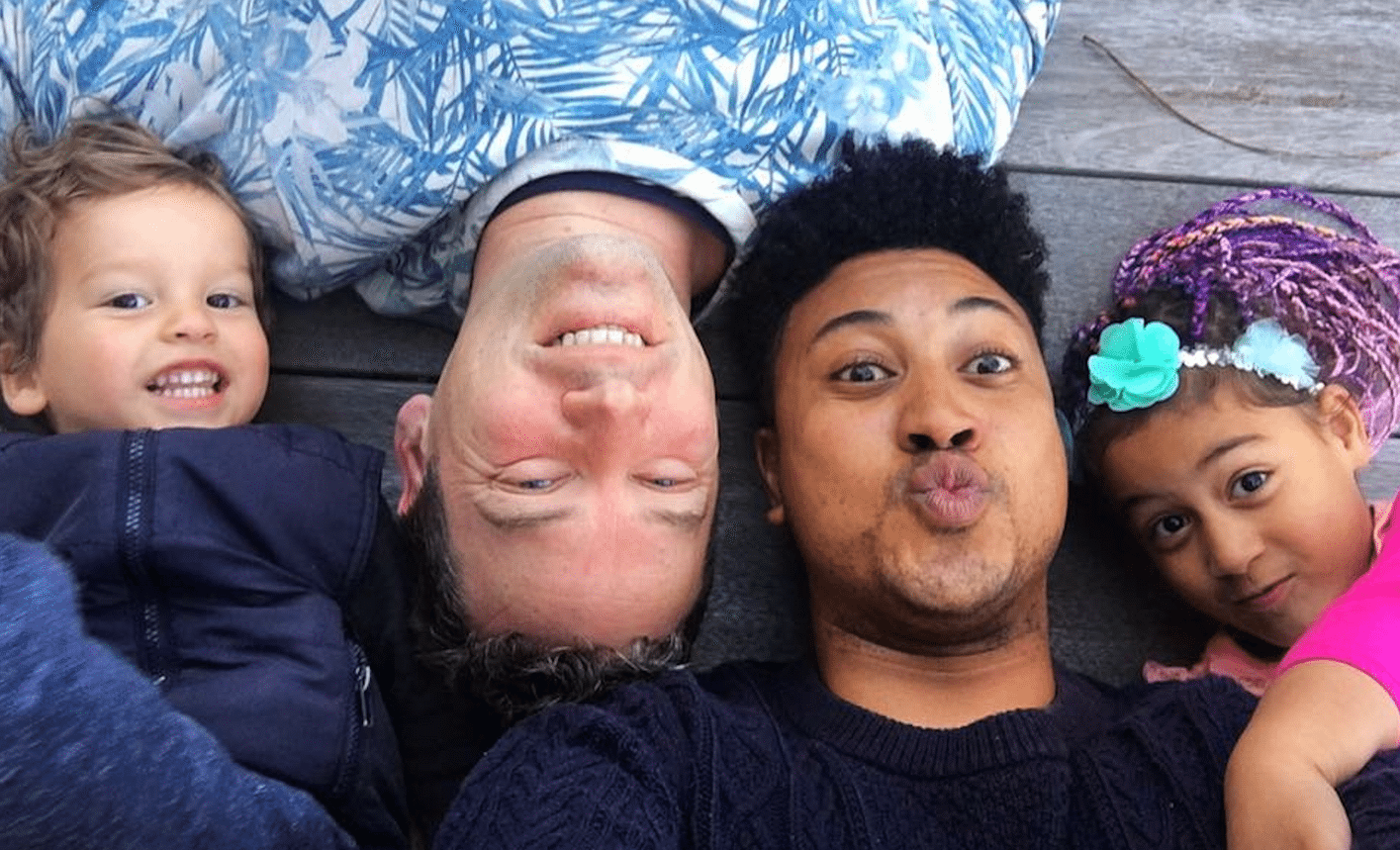
Rainbow families in 2018 are more diverse and visible than ever. Jesse Jones spoke with three families about their rollercoaster journeys and the legal roadblocks that still exist.
***
Johnny Hamilton and his partner Sam co-parent three-year-old Maxwell and five-year-old Raelah with a lesbian couple.
“Sam and one of the mums are good friends—that’s how it all came about,” says Hamilton.
“It all happened really quickly. We gave a home insemination kit a whirl—the cheapest way—and that worked first go.”
Under the current regulations, both of the mums are recognised on each child’s birth certificate. If the law changes in the future, they would prefer to have all four named formally as parents.
“This is where the law is a little bit behind, especially for gay boys,” explains Hamilton.
“We can only be on our children’s birth certificates as donors.”
However, the family law experts at Nevett Ford Lawyers in Melbourne say that it’s not all necessarily bad news in situations where a parent isn’t legally recognised.^
“In circumstances where the law fails to recognise a person as a legal parent, it may nevertheless be possible for the Family Courts to make a parenting order in favour of such a person,” they explain.
“[The law] states that an applicant can be ‘any other person concerned with the care, welfare, or development of the child’.”
While friends had expected the dads would be closest to their respective biological children, Hamilton says they all have strong relationships.
“My daughter can get away with murder with me, because she looks like Sam,” he laughs.
He advises other gay or bisexual men thinking about having kids with friends not to underestimate the bond they will form with their children, when considering agreements around things like sharing care.
“It’s quite intense but definitely worth it,” says Hamilton. “The kids are ridiculously supported and loved.”
These days rainbow families are incredibly diverse, with single people, couples, and even groups raising kids in various ways around the country.
Lee Carnie from the Human Rights Law Centre says legal reform has come a long way in helping LGBTI people choose to have their own families.
“We would not have adoption equality across Australia today without decades of hard-fought advocacy and lobbying,” says Carnie.
“Today our laws rightly recognise that what children need most is a loving stable home to grow up in, regardless of the gender of their parents.”
IVF and other assisted reproductive technologies (ART) are also now equally available to gay couples throughout Australia, except for Western Australia and the Northern Territory, though Carnie says the Northern Territory government is considering amending laws to disallow discrimination against same-sex couples.
Nevett Ford Lawyers say family law for same-sex parents is “complex and diverse”.
Some matters of parenting are covered by the Family Law Act 1975 (FLA), and each state can pass laws that overlap federal legislation.
Jason Smith* has been to court with his children’s mothers to help them come to an agreement about sharing access.
He has two sons, aged six and nine, with a lesbian couple. They usually live with their mums and spend one weekend a month with Smith.
“Having kids is the most amazing thing,” he says.
“I can’t describe the love that you feel, you almost can’t put it into words.”
Smith says his sons know they are lucky to have an extra parent, and other kids at school are even jealous that they have two mums.
“Little things like that are really cute and make you feel special,” he says.
Smith and his son’s mothers met through a gay parenting group online. He had hoped for many years to meet someone to have children with, and to take an active role as a dad but not a primary parent, before meeting the right couple.
The three parents formalised their plans with a donor agreement and co-parenting agreement, which included everything from how Smith would manage his fertility, and the mums’ rights should they choose to terminate a pregnancy, to how they would go on to share the care of their children.
However, the high emotions around the conception and pregnancy led to some tensions, and Smith says the couple changed their minds about their agreement to include him as a father.
“Once the second baby was born, she refused to put me on the birth certificate,” he says.
“That caused a lot of drama, and access was becoming more and more difficult and defined by how they were feeling at any time.”
As their disagreements escalated, Smith and the mums tried mediation before turning to legal help.
“It was difficult to find a lawyer that I felt comfortable with, or that understood how unique the family is and how the law perceives our family,” he recalls.
“We didn’t really fit into any boxes. My application to the court had to be not as a parent but as an interested party—even though I’m their father.
“When the law makes you feel like no-one, you feel a bit shit.”
The three parents eventually reached their current agreement for when Smith can see the boys, but things remain tense.
“They hate it and think I’m the worst person in the world,” he says.
“It’s been difficult because when the kids are in the same space as all three of us, they’re conflicted and don’t know how to act because they know their mums don’t particularly like me. I don’t like to see them like that.”
Smith is optimistic that they can resolve their family’s challenges moving forward.
Despite the difficulties his family has had, he says he would recommend having kids with another gay couple to others—though he adds that he’d suggest legally formalising access early.
“The emotions are so full-on, so make sure everything’s clear,” he advises.
Nevett Ford Lawyers say parenting orders can come into play for families who are disagreeing over who looks after the kids.
“Parenting orders covered under the FLA may include parental responsibility involving long-term decisions regarding the child’s welfare, or where and with whom the child will live or spend time,” they say.
“It is important to keep in mind that in considering all scenarios, the FLA makes the best interests of a child a primary consideration in all decisions relating to children.”
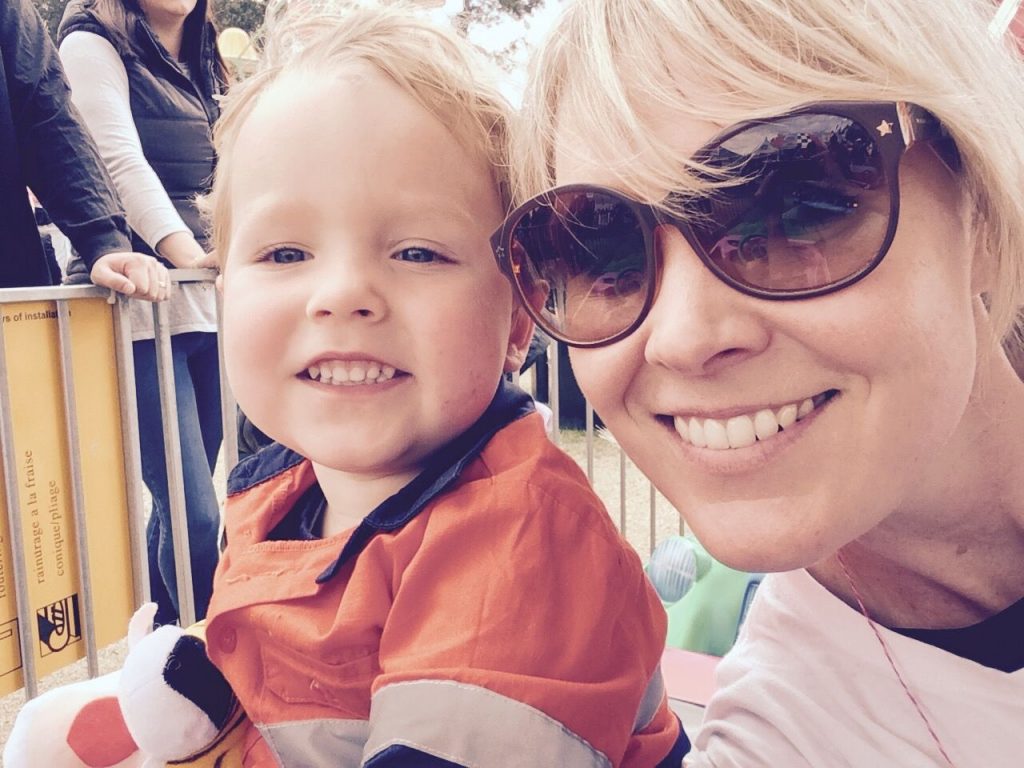
Lisa Jackson* is co-parenting three-year-old Hugo with her ex-partner Dani. They were together for more than a decade before having their son via ART with an anonymous donor.
“It was gorgeous, I had a beautiful pregnancy,” says Jackson.
“It was a really beautiful time in our lives.”
The couple used a technique called intra-uterine insertion, which Jackson calls “a fancy turkey baster”.
“It was a bit of a process, having to go through the clinic,” she says.
“We had to go on a wait list for donor sperm, and there’s quite a few hoops you have to jump through.
“We had mandatory counselling, and various appointments and health checks. Both of us had to get police checks done, which felt quite offensive at the time. If we were a heterosexual couple having kids you don’t have to have a police check for it.”
Both of Hugo’s mums are his legal parents, and since separating they have continued to share his care.
Nevett Ford Lawyers say two mums who were separating in a situation like Jackson’s could consider a parenting order under the FLA.
“In the scenario of a lesbian partnership who had a baby from an anonymous donor and raised this child, at separation they may apply for a parenting order under this Act—on the basis that the couple has been living together in a de facto relationship or marriage at the time of conception, and that both [mums] have consented in writing to the procedure,” they say.
“Otherwise, the non-biological mother may not be legally considered to be the other parent of the child.”
Jackson says their two-mum family has always been accepted by others.
“We’ve only ever had a positive response, from the moment we talked about having a kid, through the clinic process, and after his birth,” she says.
“Paperwork always has mother details and father details, but we just cross that out and write mother.”
Co-parenting is working well for them, though it’s been an adjustment for Hugo to divide his time between two houses.
“He’s quickly learning how he can manipulate both of us to get the best of both worlds,” Jackson laughs.
“We didn’t coordinate on his third birthday and both bought him bikes.”
Jackson says she would recommend ART to other gay women wanting to have children, and despite their separation the experience of starting a family together has been a positive one.
“We’re not romantically linked anymore, but we’re always going to be a family,” says Jackson.
“We’ve got to make it work, and I think we’re doing a really good job of that.”
*Not their real names
^All legal information is general only, and individuals should seek personalised advice





